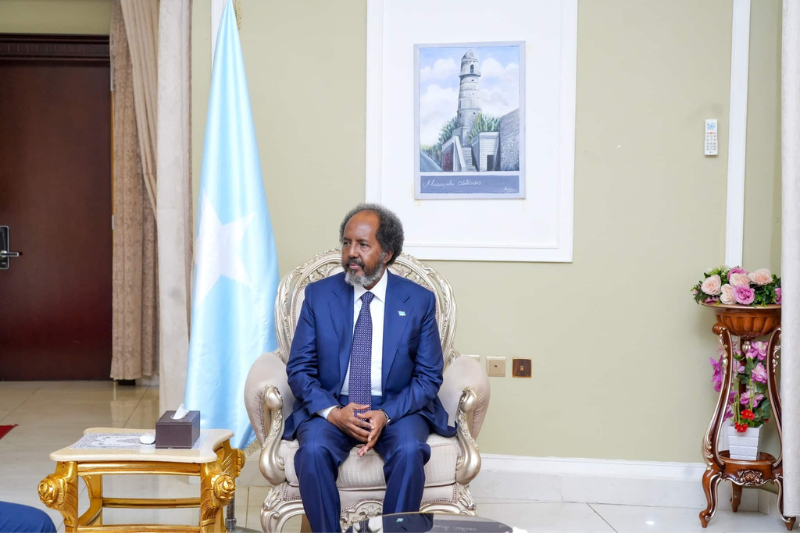Somalia’s Constitutional Changes: Empowering the President
Somalia witnessed significant constitutional amendments on Saturday, granting the president newfound authority to appoint and dismiss the prime minister. After intense debates, a substantial majority of parliament endorsed this decision, marking a pivotal moment in the country’s political landscape.
A Step Towards Governance Reform
The Independent Constitutional Review and Implementation Commission (ICRIC) meticulously scrutinised the proposed amendments before approving them. The move aims to address longstanding disputes in Somali politics, particularly the power struggles between presidents and prime ministers that often stem from constitutional ambiguities.
One of the key changes entails the establishment of a president-appointed prime minister, replacing the previous requirement for parliamentary confidence votes. This adjustment seeks to introduce greater flexibility in governance, aiming to mitigate tensions arising from power dynamics and resource allocation among clans and regions.
Controversies and concerns
While the amendments represent a significant step towards governance reform, they have not been without controversy. Some political figures, including former presidents and state leaders, have voiced opposition, citing concerns about insufficient consensus and potential consequences for the country’s political stability.
In addition, amendments proposed in February by the ICRIC covering topics such as the age of maturity for girls and the criminalization of female genital mutilation have stirred debate. Rights groups have raised concerns about the heightened risks of child marriage, particularly for girls, while setting the age of maturity at 15 and the age of responsibility at 18. Human Rights Watch emphasises the importance of upholding constitutional protections for children and meeting international human rights commitments.
Keep Reading
Navigating constitutional shifts in Somalia
Amidst intense debates and substantial parliamentary approval, Somalia recently underwent significant constitutional changes, granting the president enhanced authority over the appointment and dismissal of the prime minister. These amendments, driven by the Independent Constitutional Review and Implementation Commission (ICRIC), aim to resolve long-standing political disputes and ambiguities within the nation’s governance framework.
Towards Greater Flexibility in Governance
A central aspect of the amendments is the transition to a president-appointed prime minister, replacing the previous requirement for parliamentary confidence votes. This shift aims to introduce greater flexibility into Somalia’s governance structure, aiming to mitigate tensions stemming from power dynamics and resource allocation among various clans and regions. By empowering the president with this authority, the amendments seek to streamline decision-making processes and enhance executive efficiency.
Controversy and Caution
However, the constitutional changes have not been without controversy and concerns. Despite their endorsement by a significant majority of parliamentarians, opposition voices, including former presidents and state leaders, have raised objections, citing worries about insufficient consensus and the potential destabilisation of the political landscape. Additionally, specific amendments proposed earlier by the ICRIC, such as those regarding the age of maturity for girls and the criminalization of female genital mutilation, have sparked debate and scrutiny. While setting the age of maturity at 15 and the age of responsibility at 18, these amendments have prompted concerns from rights groups about the heightened risks of child marriage, particularly for girls.
Upholding human rights and stability
As Somalia navigates these constitutional shifts, it faces the critical task of balancing governance reforms with the protection of human rights and political stability. It is essential for the government to heed the concerns raised by opposition voices and rights groups, ensuring that constitutional amendments are inclusive, transparent, and aligned with international human rights standards. By prioritising dialogue, consensus-building, and the protection of vulnerable populations, Somalia can chart a path towards a more resilient and equitable governance framework.

